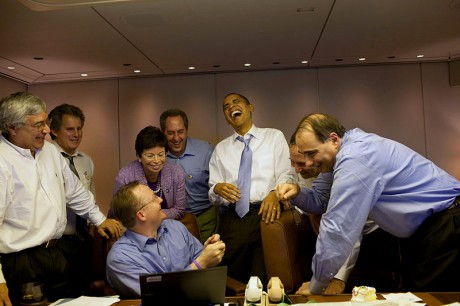 A respected human-rights expert at the United Nations, Alfred-Maurice de Zayas, has joined the global movement opposing trade treaties like TPP and TTIP. And he has novel and powerful legal arguments.
A respected human-rights expert at the United Nations, Alfred-Maurice de Zayas, has joined the global movement opposing trade treaties like TPP and TTIP. And he has novel and powerful legal arguments.
In international law, de Zayas says, there is a hierarchy of agreements, and at the top is the UN Charter: “in case of conflict between the provisions of the UN Charter and any other treaty, the Charter prevails.” In other words, trade treaties that lead to a violation of human rights — or breach any other obligation set out in the UN Charter — are legally invalid. Most countries have signed onto human rights treaties, but “they have also entered into trade and investment agreements that hinder, delay or render impossible the fulfillment of their human rights treaty obligations.”
De Zayas is especially concerned about Investor State Dispute Settlement (ISDS) clauses, which allow corporations to sue governments over laws or regulations that might diminish expected profits. Such mechanisms, he says, “actually constitute an attack on the very essence of sovereignty and self-determination, which are founding principles of the United Nations.” In fact, the International Covenant on Civil and Political Rights requires these kinds of disputes to be decided by independent, transparent and accountable tribunals. “Allowing three private arbitrators to disregard international and national law … is tantamount to a revolution against law.”
De Zayas notes that of the 608 known arbitration awards, many “have overridden national law and hindered States in the sovereign determination of fiscal and budgetary policy, labour, health and environmental regulation, and have had adverse human rights impacts… including a ‘chilling effect’ with regard to the exercise of democratic governance.”
…click on the above link to read the rest of the article…



 A new analysis of the Obama-proposed TTIP ‘trade’ treaty, which the U.S. would have with Europe, finds that it was initiated and shaped by large international corporations, which will, also according to
A new analysis of the Obama-proposed TTIP ‘trade’ treaty, which the U.S. would have with Europe, finds that it was initiated and shaped by large international corporations, which will, also according to 


